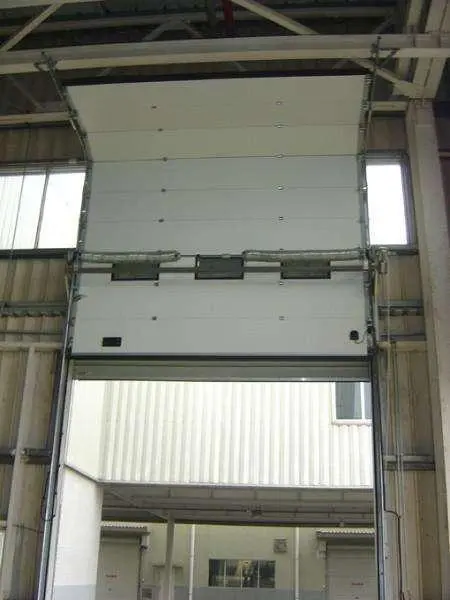Understanding the Functionality of Refrigeration Condensing Units in Cooling Systems
Understanding Refrigeration Condensing Units An Essential Component of Cooling Systems
Refrigeration systems are essential for various applications, from preserving food to maintaining optimal conditions in industrial processes. At the heart of these systems is the refrigeration condensing unit, a critical component that plays a pivotal role in the cooling cycle. To understand its function, significance, and applications, it is essential to break down its workings and features.
What is a Refrigeration Condensing Unit?
A refrigeration condensing unit is designed to remove heat from the refrigerant, causing it to condense from a gas to a liquid state. This process is crucial for the refrigeration cycle, which consists of four main stages compression, condensation, expansion, and evaporation. The condensing unit typically includes a compressor, condenser, expansion valve, and evaporator.
The Role of Compressor and Condenser
The compressor is responsible for increasing the pressure of the refrigerant gas, which raises its temperature. The high-pressure, high-temperature gas then enters the condenser. As the gas flows through the condenser, it releases heat to the surrounding environment, usually via air or water. This heat exchange allows the refrigerant to change state from a gas to a liquid. The liquid refrigerant then moves to the expansion valve, where it experiences a drop in pressure and temperature before moving to the evaporator.
Importance of Refrigeration Condensing Units
1. Efficiency Condensing units are vital to the efficiency of refrigeration systems. Efficient heat removal ensures lower energy consumption, directly impacting operational costs. Modern condensing units often come equipped with advanced technologies, such as variable speed compressors that can modify their performance based on the cooling demand, enhancing system efficiency.
2. Versatility These units are used in various applications, including commercial refrigeration in supermarkets, cold storage warehouses, and industrial settings. Their ability to maintain specific temperatures makes them indispensable in sectors requiring strict temperature control, such as pharmaceuticals and food processing.
refrigeration condensing unit

3. Environmental Impact With increasing awareness of environmental issues, manufacturers are focusing on developing condensing units that use eco-friendly refrigerants. These units work efficiently while minimizing the release of greenhouse gases, aligning with global sustainability goals.
4. Maintenance and Reliability Maintaining the condensing unit is crucial for its longevity and performance. Regular inspections and maintenance help prevent failures and ensure the system operates smoothly. Reliable condensing units reduce downtime and repair costs, making them a worthwhile investment in any refrigeration system.
Types of Refrigeration Condensing Units
There are several types of refrigeration condensing units, each suited for different applications
- Air-Cooled Condensing Units These units use air as the cooling medium. They are common in smaller applications due to their ease of installation and lower upfront costs. However, they may be less efficient in extreme temperatures.
- Water-Cooled Condensing Units These units utilize water for cooling, making them more suitable for larger applications where space is limited. Water-cooled systems tend to be more efficient but require additional infrastructure, such as cooling towers.
- Scroll and Screw Compressors Condensing units can also be categorized based on the type of compressor used. Scroll compressors are known for their quiet operation and efficiency, while screw compressors are ideal for larger industrial applications due to their robustness and high capacity.
Conclusion
Refrigeration condensing units are an integral part of modern cooling systems, impacting efficiency, reliability, and environmental sustainability. As technology advances, we can expect further innovations that enhance the performance and functionality of these units. Understanding the mechanisms and significance of condensing units enables businesses and individuals to make informed decisions regarding their refrigeration needs, ensuring optimal performance and energy efficiency. Whether in a supermarket, an industrial facility, or a residential setting, the condensing unit remains a cornerstone of effective refrigeration.






